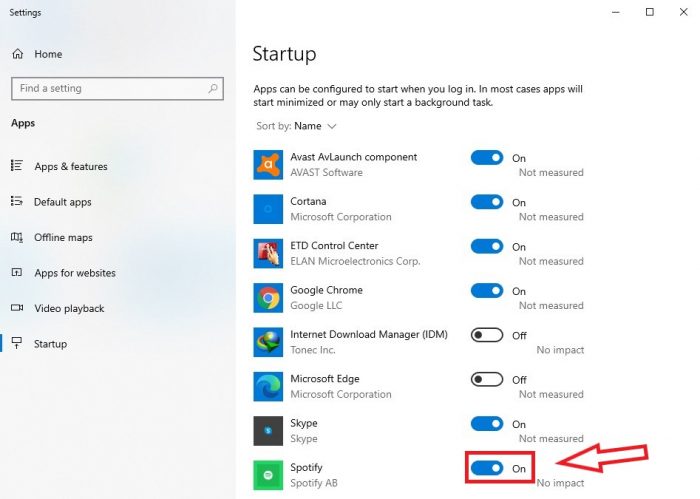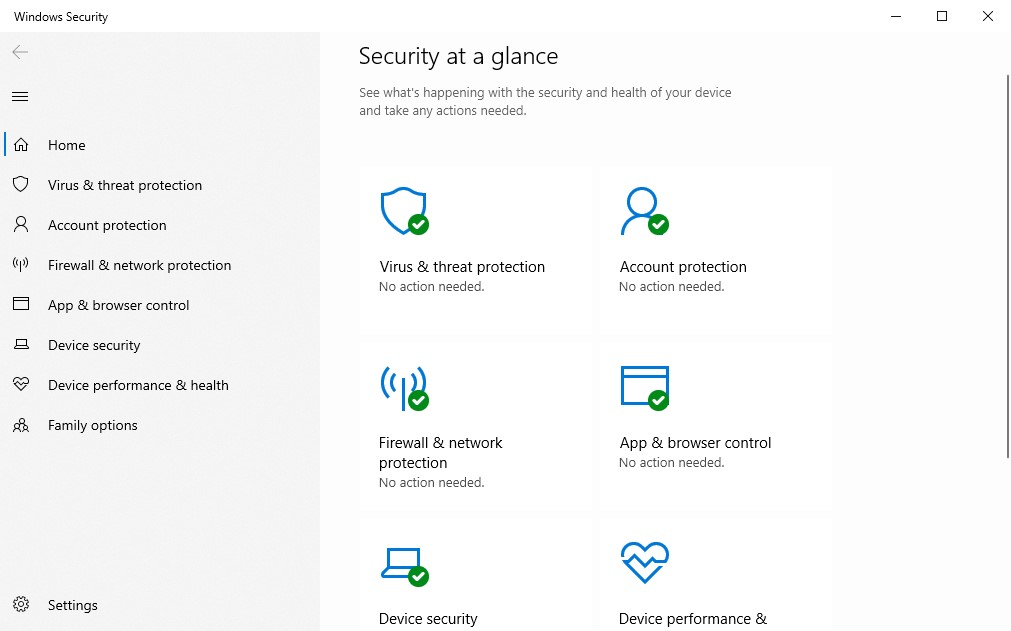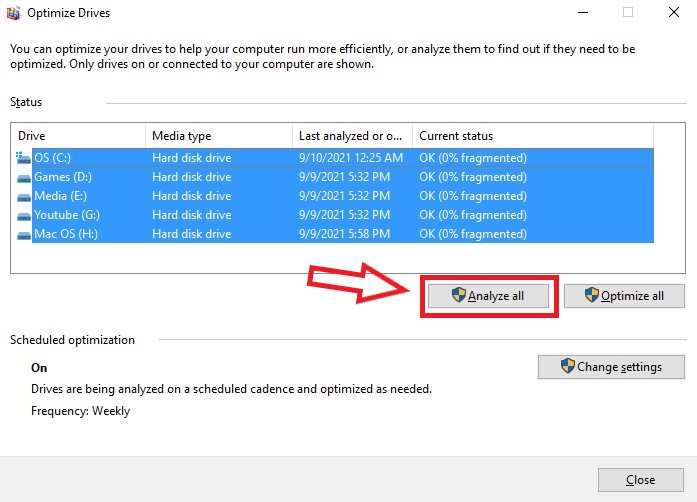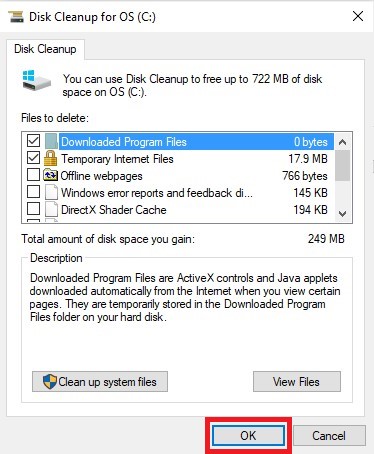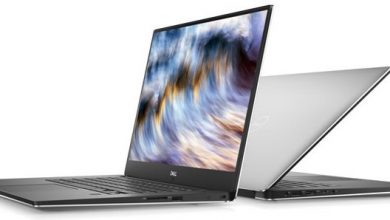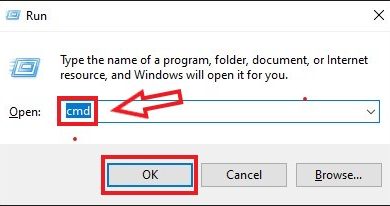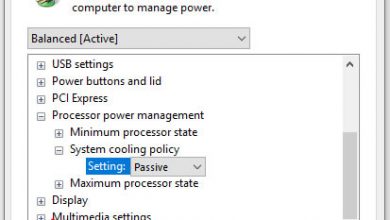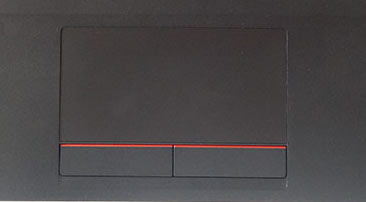In this modern era, the laptop is one of the essential gadgets. With its powerful processing capabilities, the laptop also has different flaws like overheating, slowing down for various reasons, OS issues, and different equipment (like Keyboard and Touchpad) not working. These flaws cannot be tolerated because this era requires fast computing.
Today, we will discuss a critical issue that almost every laptop consumer must have faced in his experience with notebooks. We will discuss why my laptop is so slow, even if they are new or old. Well, there can be different reasons which are causing your laptop to be slow. Following are some common problems and how to fix them.
Excessive Numbers Of Startup Programs
For different operations, various types of programs are needed to be installed. Some of them are also required to have permission to execute at boot. These usually include applications like antivirus and social media programs like Skype. But at the same time, many apps are not essential to be executed at startup. The burden of these unimportant apps can easily cause your laptop to work slowly.
Quick Fix: You don’t need to take any tension as it is effortless to fix this solution. All you need to do is go to the start menu and search for Startup Apps. Here all the applications would be mentioned that have permission to execute at startup. In our case, we found Spotify Windows. To disable their execution at startup, select them and turn them off.
Slow Hard Drive
Using old hardware components can also cause your laptop to work slowly. This type of problem mainly occurs on a 2 to 4 years old laptop. A significant number of laptops get slow over time due to their HDD storage. An HDD typically lasts three to five years because it stores data on magnetic discs (or platters). An arm sits on top of these platters and reads and writes data as the disk rotates at thousands of RPM (revolutions per minute).
Quick Fix: a new SSD would be the best option. It is worth mentioning that there are no moving parts in an SSD because it is built of flash memory chips. As a result, it is several times faster than an HDD at reading and writing data. Furthermore, SSDs have almost no noise and consume less battery than traditional hard drives. So, switching to an SSD is the best fix. For shifting Windows from HDD to SSD, various software is available on the internet.
Low RAM Capacity
Another hardware component which is RAM, can also cause your laptop to run slow. When a user installs many applications, some of them also need to be run in the background, which means that those applications will still run whether you use them or not. It can cause your laptop to be lagged. Sometimes, you also need to multi-task with high memory-consuming programs, which can also cause lag.
Quick Fix: You need to increase the RAM capacity of your laptop. If your laptop has a RAM capacity of 2GB or 4GB, upgrade it to at least 8GB. As in this era, 8GB of RAM is considered an adequate capacity. Also, you can opt for a higher RAM frequency for speed because your CPU supports it.
Background Applications
We already mentioned above that some applications need to be run in the background, and if their numbers increase, your notebook will lag. There is an easy fix to this problem: upgrading the RAM. However, if you still face this problem with a higher RAM capacity, you need to disable unwanted background programs.
Quick Fix: Go to the Start Menu and search for Task Manager. Here all the running programs will be mentioned. Select all the apps that you think are unnecessary. But remember, never disable the system programs; otherwise, errors will occur.
Operating System Or Drivers Is Not Updated
The primary purpose of an update is to keep your machine (notebook) up to date. Almost every software, driver, and operating system must be updated to make the hardware work properly. If you don’t update these things, your machine will miss many changes, fixes, and software patches; this can slow down your notebook. Furthermore, you would be unprotected from security vulnerabilities that can allow hackers to get access to your computer.
Quick Fix: all you need to do is update your Operating System and Drivers. For updating the OS, simply go to settings, then the “Updates and Security” section, and click on Update Now. The updates will be downloaded, and your machine will reboot for the installation of updates. Sometimes, the OS update also includes the drivers’ update as well. But it would be best if you still looked for any available driver updates (manually updating). Many OEMs are now providing their driver managers, letting the users know which driver is updated or needs to be updated.
Laptop Is Affected By Malware
Well, everyone knows about the term malware (aka Virus), a group of instructions to destroy the OS on your notebook. In this modern era, there are many sources for getting viruses or malware. It can mainly be through downloading files, emails, or storage media. Some symptoms like pop-up ads on the screen and randomly crashing applications indicate that your computer is infected with malware. The malware can affect your notebook in different ways. Some viruses infect the RAM and consume a significant percentage of memory, causing the notebook to run slow. Another type of malware allows hackers to access your private data like personal folders and saved passwords. Sometimes, hackers steal your data, delete it from storage, and demand money to get the data back; this type of case is called Ransomware.
Quick Fix: To avoid these situations, Microsoft has provided Windows Defender. You can go for other Anti-Virus software for further protection, like Avast Anti-Virus, Avira Anti-Virus, and McAfee Anti-Virus. These Anti-Virus software are also available for other Operating Systems.
Large Numbers Of Fragmented Files
As per the facts, fragmented files can also cause lag in your laptop. Whenever you create, delete, or edit a file, some of that data becomes fragmented, which means pieces of files are stored in various hard drive parts. With the passage of time, these fragmented files can slow down your laptop as the drive has to look around to find each piece of data. For arranging the data in your drives, you can defrag it.
Quick Fix: All you need to do is go to “Start Menu” and search “Defragment And Optimize Drive.” In this program, you can select the drives (you want) for the defragmentation and click on start. The program will analyze your disk and optimize it. The whole process can also take a while.
Too Many Temporary or Cache Files
Everyone knows that the main purpose of Cache memory is to make your computing faster. But at the end of the day, the Cache files became useless. Mostly, the laptop automatically clears the cache memory by itself. But sometimes, it can’t get clear automatically and consumes hard disk storage. Similar to it, we also have temporary which also has almost the same purpose. Usually, these files have a “.tmp” extension or start with a $.
Quick Fix: To clean the temporary files, go to the Start Menu and search for Disk Cleanup. On the program’s screen, select the types of temporary files you want to clear.
After trying all these steps, we are pretty sure that the performance of your laptop will be faster. But if you are still facing lag, we recommend you reinstall the Windows. For other issues, check out our previous posts.


